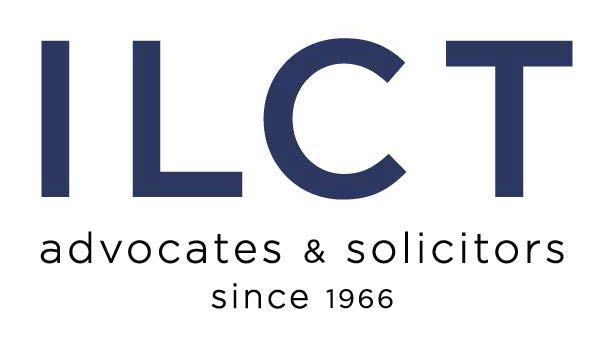Thailand: COVID -19 State of Emergency Announcement
To flatten the curve of the quickly rising COVID-19 cases, the Thai government has declared state of emergency as per the “Emergency Decree on Public Administration in Emergency Situation B.E. 2548 (2005)” (“EPAES”) which will provide more enforcement power to the Prime Minister with the approval from the Council of Ministers to perform actions and impose policies in unusual circumstances. This has taken effect since March 26, 2020 (end date to be determined) in the Bangkok metropolis and other provinces. The EPAES is nationwide, but the governor of each provinces will have the authority given by the Prime Minister plus the approval and the Council of Ministers to implement new rules and regulations as appropriate. Overall, the Prime Minister will have administrative power to counteract the ongoing outbreak, it is likely that stricter quarantine protocol will be imposed if COVID-19 remain unchecked.
What are the new standard protocols in this situation?
Social distancing rules and maximum hygiene protocols, including the use of all necessary goods such as: facemask, disinfectant gel and infection screening etc.
Each province is responsible for its own quarantine protocol, this is upon the discretion of the province’s respective governors. Rules and regulations may vary. Therefore, residents should be mindful of the local protocol.
What will happen now?
- Currently, the curfew is from 10.00 pm – 04.00 am which will take effect from 3 April 2020 onwards (with certain exceptions). The hours may change depending on the local situation, there will be officers enforcing the curfew;
- Pharmacies, banks, supermarkets, retailers of essential goods will remain opened, except during curfew hours;
- Public transportation will be suspended during curfew hours;
- Movements between provinces will be restricted with checkpoints (exemptions apply);
- Close of border (exemptions apply);
- Thais are “discouraged” to travel aboard, foreigners may still leave;
- No hoarding or stockpiling of essential goods;
- No public gathering that could increase social risks (i.e. unrest and spread of infection etc.);
- Public venues with large crowd are to be closed (previously announced);
- Censorship of media (primarily aim toward fake news);
- All public and private hospitals are ordered to make availability;
- Schools, universities, hotels, stadiums, temples gathering halls are requested to be converted into field hospitals (if necessary);
- Governmental facilities and authorities will still open but under new operating hours.
What does the EPAES implies?
- The Public are not allowed outside of his/her residence during curfew hours;
- Prohibition of news media, articles or any related materials which may contain false information or disrupt public order;
- Cease of all public and private transportations (exemptions to be determined);
- No entry into any public buildings, institutions or facilities;
- Evacuation of the public in areas that are deemed unsafe.
What are the powers of the officers?
- To arrest any suspected individual/entity that is believed to cause emergency situation;
- To summon any suspected individual;
- To seize any weapons, goods, chemical substances or any related objects that are believed to cause emergency situation;
- To search, disassemble, remove or destroy any buildings, structures or barriers for enforcement purposes;
- To censor, suppress or suspense any media that is found to disrupt public order;
- To order the cease, order or suppress of any actions that are found to disrupt public order;
- To debar any individuals from leaving Thailand;
- To evict alien citizen that is believed to cause emergency situation from Thailand;
- To place restrictions on sale of arms, weapons, chemical substance or any other materials that may provoke unrests;
- To allow military personnel to assist with the enforcement of EPAES.
Penalties
Failure to comply with the EPAES will result in a fine up to THB 40,000, two years imprisonment or both. Other penalties may also apply, for example: violations of the Communicable Disease Act B.E. 2558 (2015) (“CDA”).
All and all, we have been seeing the heightening of protocols to match the aggression of COVID-19, we expect more to be enacted in the coming days, we will keep you posted as the situation continues to unfold. For further assistance, please contact us at law@ilct.co.th.









